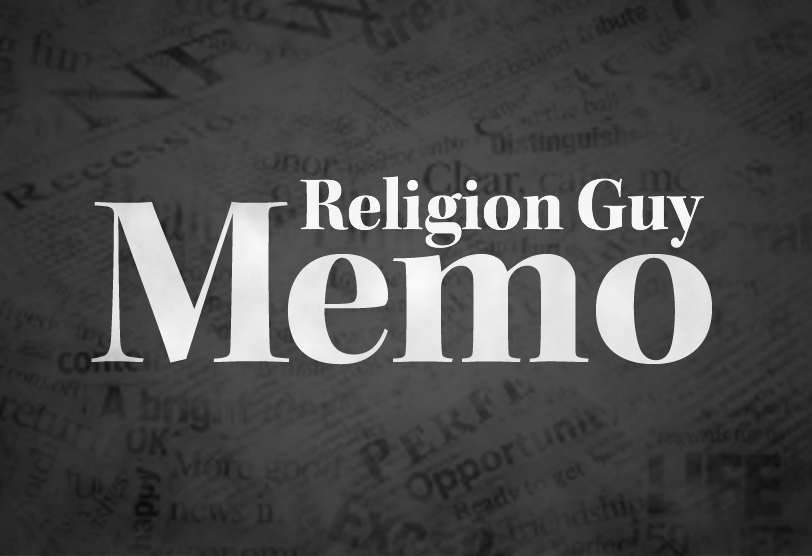So, did you hear about that major victory for religious-liberty activists the other day?
In this case, the reference to "religious liberty" in that first statement is not framed in scare quotes for a simple reason. This particular case did not have anything to do with debates about the Sexual Revolution clashing with ancient religious doctrines and traditions.
This important case involved a win for Muslims in Somerset County, N.J., who have been fighting their suburban powers in defense of their right to build themselves a mosque.
This is where things get interesting. The Islamic Society of Basking Ridge had the U.S. Department of Justice on its side, but also received help from a broad coalition of religious-liberty activists. This was a rare sighting of the old left-right coalition that used to stand together back in the heady days in the 1990s, when Democrats and Republicans all embraced the Religious Freedom Restoration Act (click here for GetReligion links on that).
Kudos to The Atlantic for spotting this important angle of a major story:
An uncommonly wide range of religious groups came to the Society’s support -- from groups that lean left, like the Baptist Joint Committee for Religious Liberty and the Sikh Coalition, to more conservative groups, including the Becket Fund for Religious Liberty and the Ethics and Religious Liberty Commission of the Southern Baptist Convention. “Such unequal treatment of the mosque in this case represents a potential threat to the free exercise rights of each of the amici represented here,” the 18 supportive groups wrote, “and is an affront to our nation’s commitment to religious liberty for all.”
Alas, it was hard to find evidence in other mainstream news coverage showing that journalists knew that key religious conservatives, as well as liberals, were celebrating this victory for supporters of this New Jersey mosque and, thus, a victory for religious liberty.
Consider The New York Times coverage, for example: "Settlements With New Jersey Suburb Clear Way for Proposed Mosque." Here is the overture, with many interesting details about the flexibility demonstrated by these Muslim believers:



